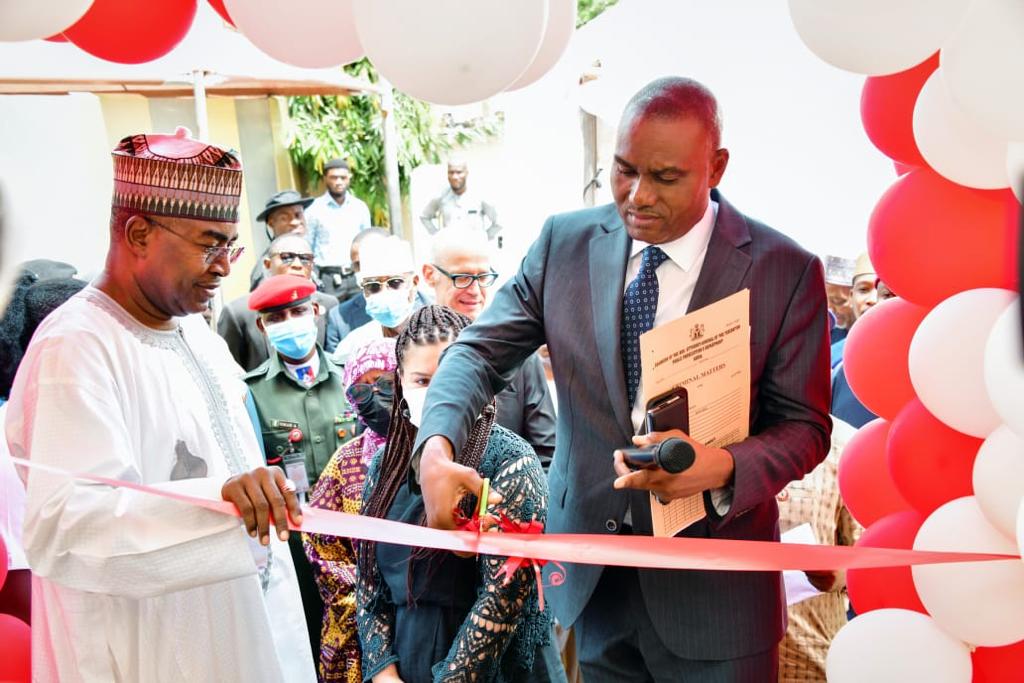The Nigerian Communications Commission (NCC) will, today, commence the training of another batch of 600 youths in ICT skills.
The training, which will take place at 12 centres nationwide, is to empower beneficiaries to function productively in the new digital age.
The training is under the Digital Literacy and Skills, a policy that seeks to redirect and reposition the Nigerian youths for the digital era through a programme on digital job creation.
It is taking place in Ibadan, Lagos, Ilorin, Abuja and 12 other centres across the country.
The two-week long programme will include the free accommodation and feeding of participants and the provision of laptops.
Other benefits for the beneficiaries include mobile mifi internet devices with three months subscriptions, training materials, and training certificates.
“This involves a two (2)-week Training and Capacity Building initiative for about 600 youth’s across the six geological zones that will harness their strength and stimulate/empower them for self-employment.
“It will further increase contributions of the Information and Communication Technology (ICT) sector to the Gross Domestic Product (GDP) of the Nigerian Economy,” a programme’s concept note by the NCC stated.
According to the NCC, expected outcomes of the training programme shall include, but not limited to: “implement digital inclusion via Digital Job Creation, targeted at the youth;
“Reach out to the youth who have skills but lack ICT training tools to fit into the digital economy;
“Help youth realise their potential by providing for them modern ICT tools to support their trade;
“Create a pool of Master-Trainer-Youths who will serve as mentors and trainers to others in their communities and to enhance their earning potentials;
“Strengthen technical and scientific competencies among Nigerian youth;
“Improve the ability for trained youth to share experiences using ICT as a medium;
“Improve access to ICT enabled services such as banking, micro, and macro enterprises systems;
“Strengthen the youths’ ability to use digital skills to process documents for planning and budgeting purposes;
“Strengthen the ICT micro, small, and medium enterprises sub-sector of the economy;
“Equip artisans/youths with the relevant ICT technical skills for smartphone diagnostics, assemble, and repairs;
“Increase the artisans/youths mentorship ability to transfer knowledge and provide needed ICT tools to trainees to aid their craftsmanship;
“Increase self-employment opportunities
Increase access to information,” it was further stated in the training programme.






























